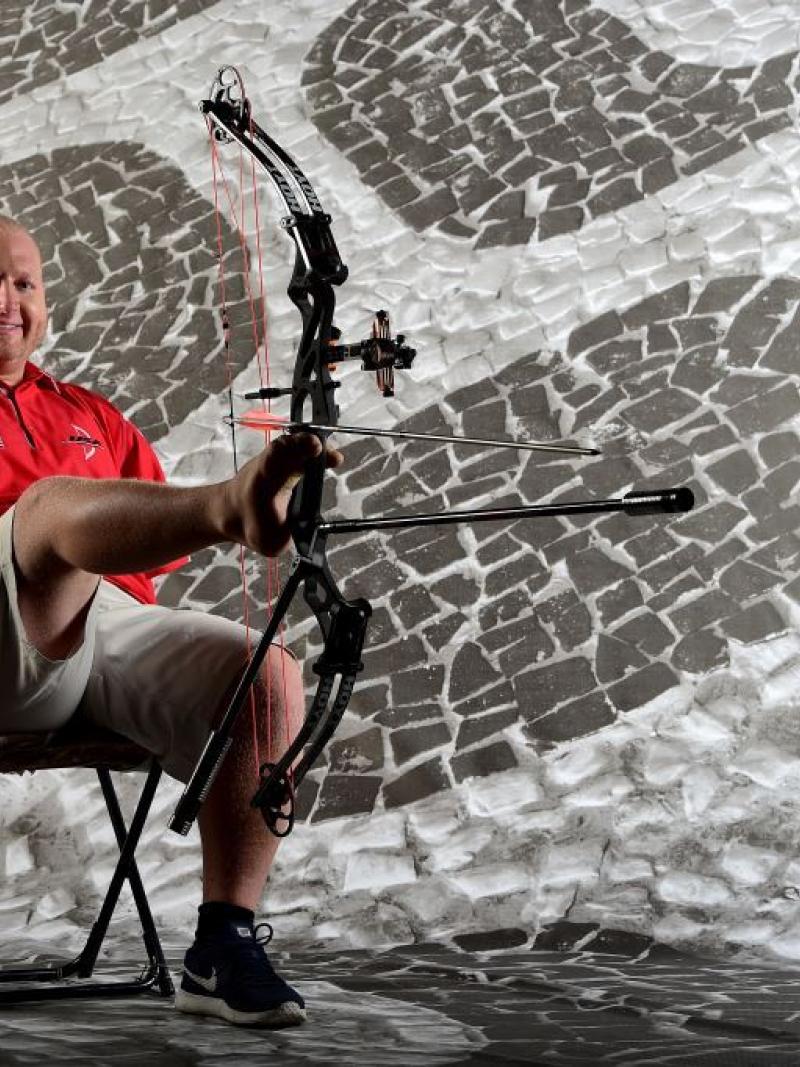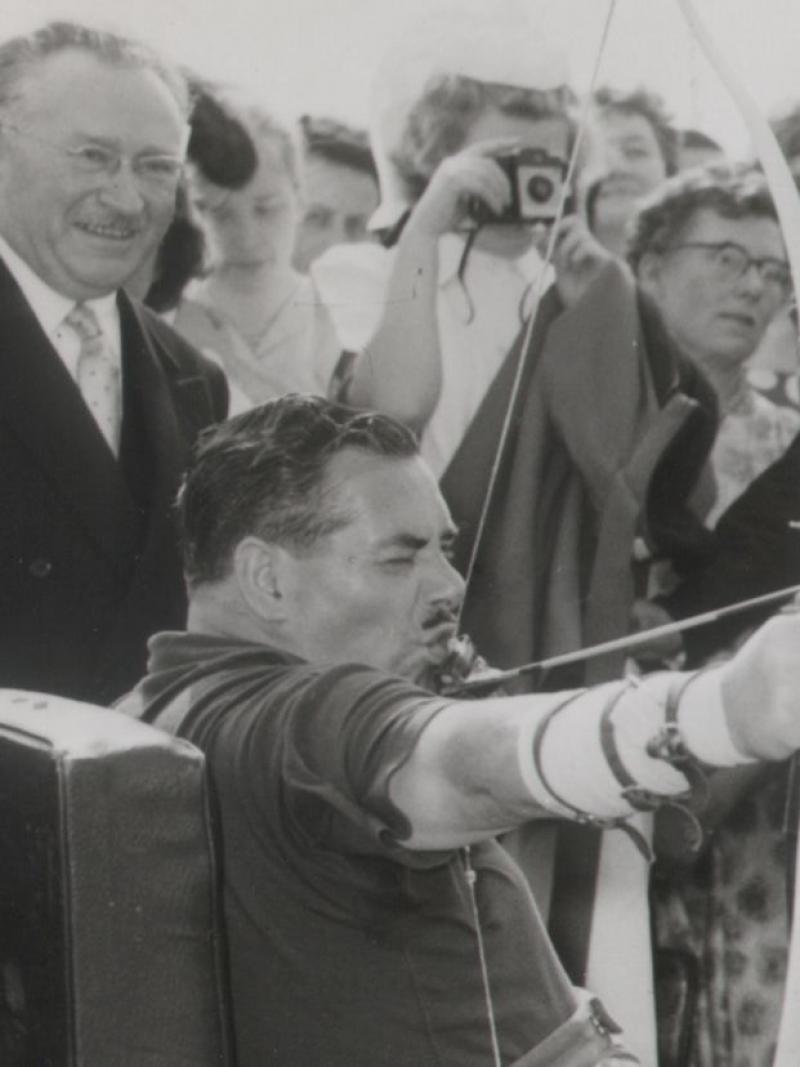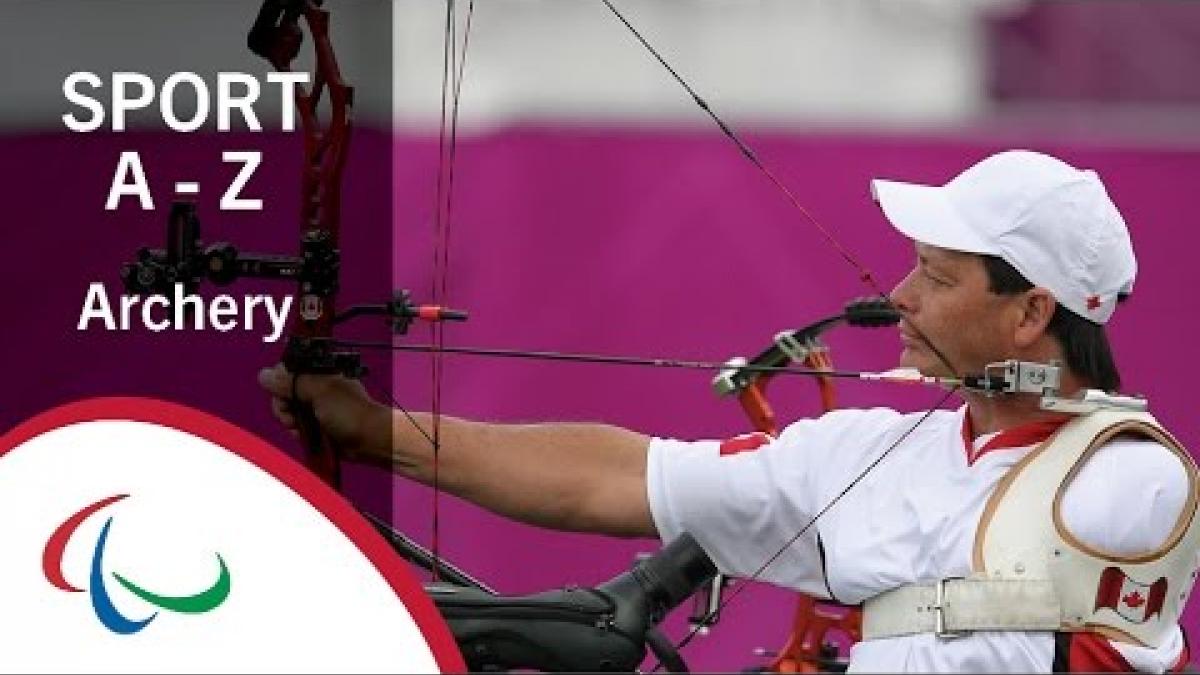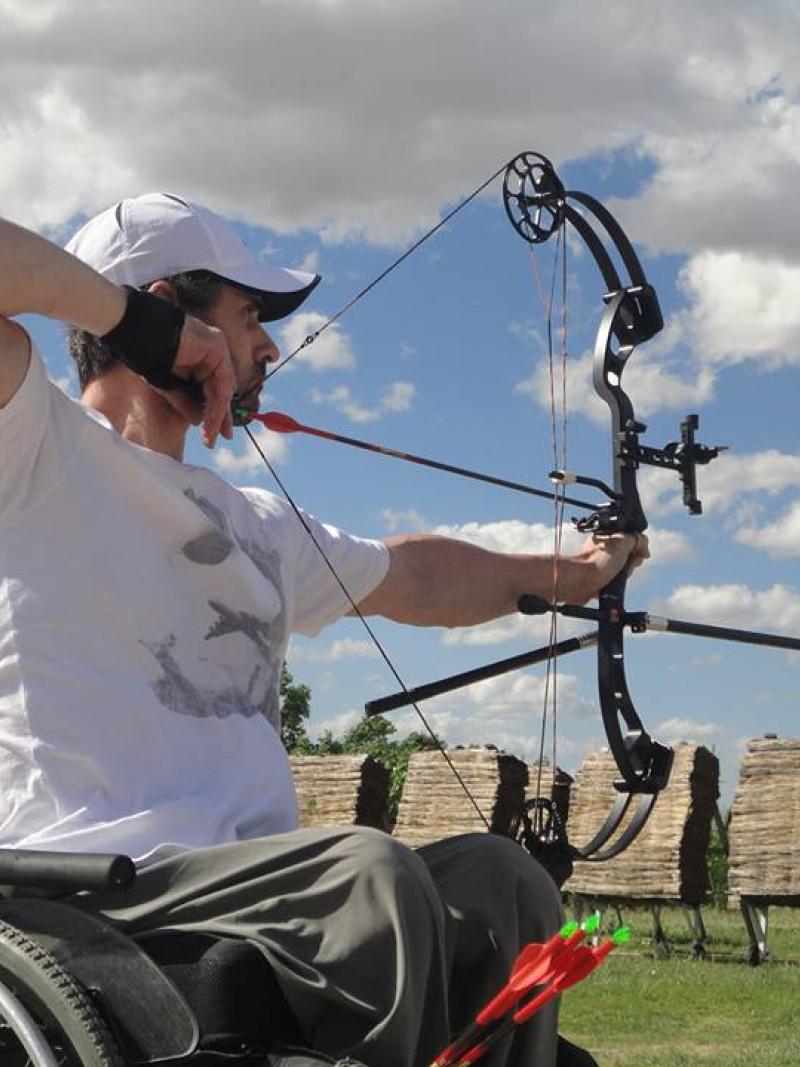Sport Week: Five para-archery storylines to follow
Here are the top storylines in the sport leading up to the Rio 2016 Paralympic Games. 01 May 2016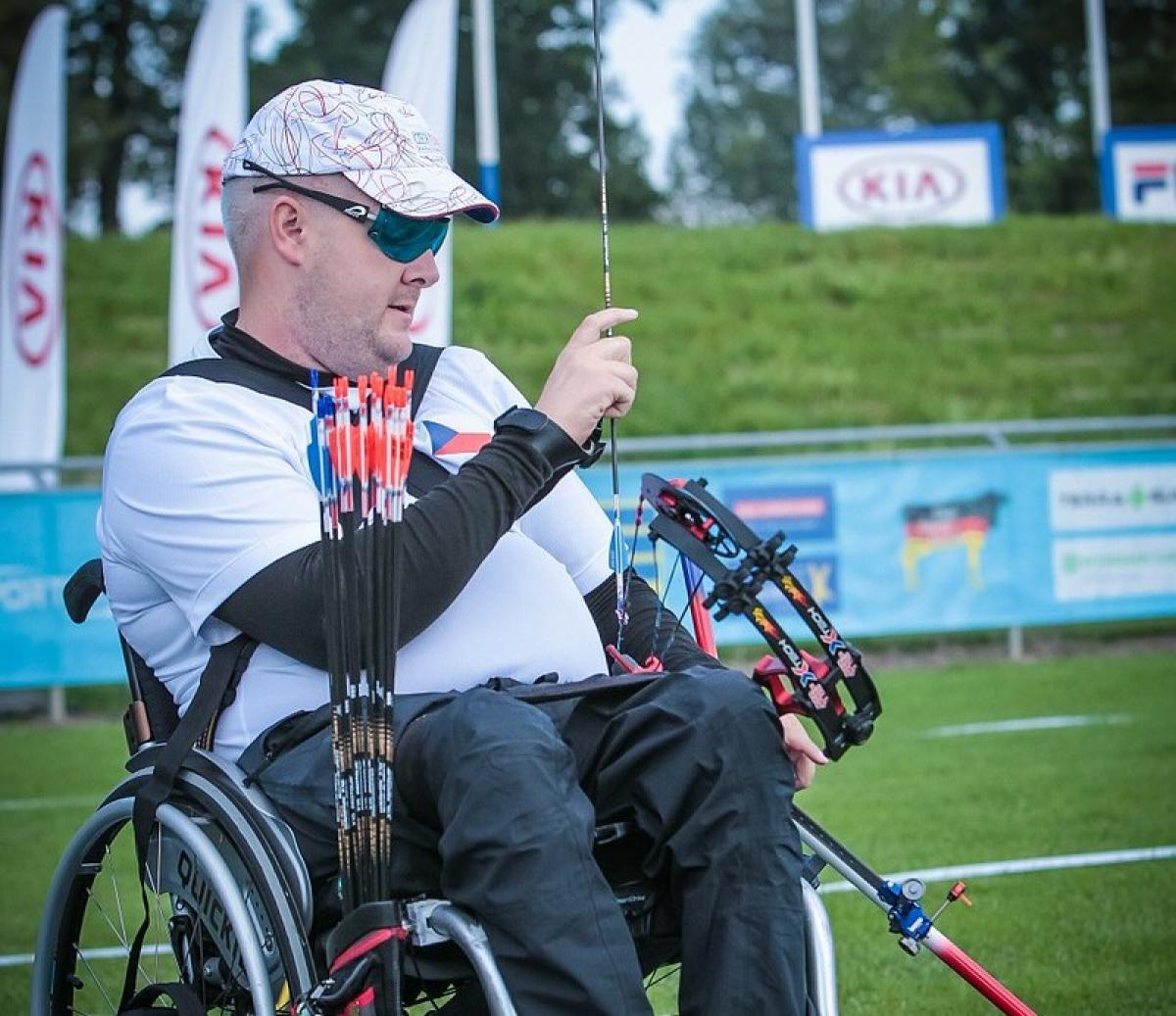
David Drahoninsky of Czech Republic
1. Dominance and inspiration from Zahra Nemati
Zahra Nemati is one of her country’s most popular athletes after becoming the first Iranian woman to win a gold medal at either an Olympic or Paralympic Games in London 2012. Four years later, Nemati not only looks to defend her individual W1 title in Rio, but is also aiming for a chance to compete against Olympic archers, further acting as a role model for Muslim women.
2. Veteran archers show no signs of fading
The men’s side has many veteran archers who have been battling for Paralympic gold for more than a decade. Great Britain’s John Cavanagh has competed in every Paralympics since Sydney 2000. He took gold in the men’s individual W1 compound at the Athens 2004 Paralympic Games and silver at the Beijing 2008 Paralympic Games.
Great Britain’s John Stubbs took gold at Beijing 2008 Paralympic Games, where he also shot a Paralympic Games record for 12 arrows, scoring 117 out of a possible 120. He is currently ranked world No. 2 in the men’s compound open. Italy’s Alberto Simonelli started archery in 1993 and made his international debut in 1995. Simonelli is ranked third in the compound open, behind Stubbs. These long-time archers bring a wealth of experience, and it will be interesting to see if they can continue their Paralympic success, or if new archers arise in Rio.
3. Great British prowess
One of the top countries in archery as a collective unit, Great Britain has a wealth of talent across the board, which could bring success in the team events.
The British women dominate the women’s W1 division with Jo Frith (No. 1), Jessica Stretton (No. 3) and Vicky Jenkins (No. 4) occupying the top of the rankings. In all the events, Great Britain has eight athletes ranked in the top five in their respective events, including John Walker (men’s W1), Mel Clarke (women’s compound open) and John Stubbs (men’s compound open).
However, National Paralympic Committees (NPCs) are allowed a maximum of three athletes per event but no more than the allocated qualification slots they have obtained.
Great Britain has obtained at least one qualification slot in all six individual events. Whom they decide to send will be revealed in July.
4. Drahoninsky still in form
At the 2015 World Championships in Donaueschingen, Germany, Czech Republic’s Beijing 2008 champion David Drahoninsky won his first world title in the W1 men’s competition, setting a world record in the quarter-finals. He holds a majority of world records in the W1 category and now has a target on his back in the men’s individual competition.
5. Can the “armless archer” win gold?
The USA’s Matt Stutzman grabbed attention not only because of his unique shooting style, but also after taking silver in the men’s individual compound from London 2012. Last December, he set the Guinness World Record for farthest accurate shot with a compound bow. But Paralympic champion next to his name would sound better.
Editor’s note: Each sport on the Rio 2016 Paralympic programme will have a dedicated week of featured content published on paralympic.org. Every week a new sport will be featured and the series will run until September’s Games, helping the public understand more about the 22 sports being contested in Rio.
_____
Sport fans from around the world can now buy their Paralympic tickets for Rio 2016 from authorised ticket resellers (ATRs).
The IPC’s Global ATR is Jet Set Sports, and Rio 2016 tickets and packages can be purchased on the CoSport website.
Residents of Brazil can buy 2016 Paralympics tickets directly from the Rio 2016 website.





